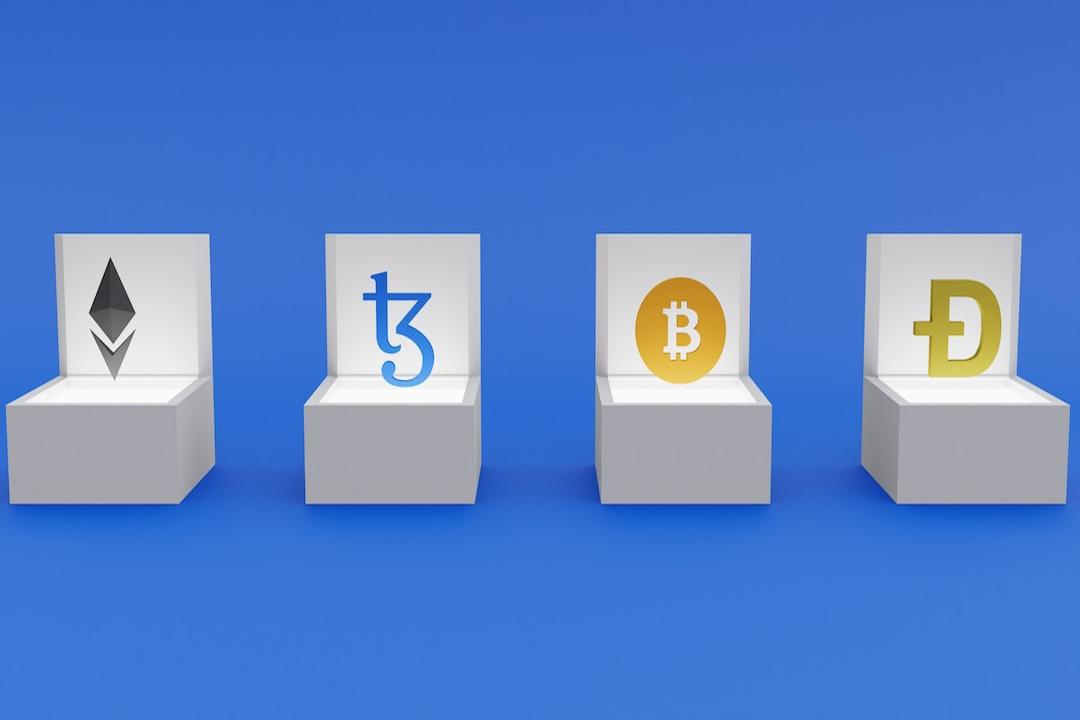Terraform Labs co-founder Do Kwon, who has been residing in Montenegro since his arrest in March 2023, is set to be extradited to the United States to face fraud charges. The High Court in Podgorica has turned down a request to extradite Kwon to South Korea. This decision comes after Kwon’s legal team appealed, arguing that the final authority on Kwon’s extradition should rest with the justice minister of Montenegro. However, the high court rejected this claim. The timing of Kwon’s travel to the United States remains uncertain.
Meanwhile, the U.S. Attorney’s Office has requested additional travel restrictions for former Binance CEO Changpeng “CZ” Zhao. The office has asked Zhao to remain within the continental U.S. until his sentencing hearing on April 30 and to provide three days’ notice of any travel plans to allow the government to raise objections. Prosecutors have also requested that CZ surrender his Canadian passport, as well as any other current and expired passports and travel documents, to his legal team.
Another former crypto CEO, Sam Bankman-Fried, has made a courtroom appearance to address potential conflicts of interest involving his lawyers. Bankman-Fried has waived his right to conflict-free legal representation with lawyers Marc Mukasey and Torrey Young. This appearance in the U.S. District Court for the Southern District of New York is one of the first times Bankman-Fried has been seen outside of jail since his conviction on seven felony charges in November 2023.
Turkey has released an English translation of its report evaluating the first phase of its Central Bank Digital Turkish Lira Research and Development (R&D) Project. This project aims to develop a central bank digital currency. The first phase of the project began in 2021, and the central bank conducted its initial trial transactions with the digital lira in 2022. The digital lira is designed to function as an intermediated retail CBDC, with separate studies conducted on wholesale payments. The Turkish CBDC promises a high level of interoperability and complementarity.
In a joint effort, over 300 experts in technology, artificial intelligence (AI), digital ethics, and child safety from around the world have signed an open letter calling on governments to take immediate action to address deepfakes. The letter, titled “Disrupting the Deepfake Supply Chain,” urges governments, policymakers, and political leaders to impose obligations within the supply chain to curb the proliferation of deepfakes. The letter outlines three main courses of action, including criminalizing deepfake child pornography, imposing penalties on those who knowingly create or facilitate harmful deepfakes, and requiring software developers and distributors to ensure their media products do not contribute to harmful deepfakes.
Despite the recent approvals of spot Bitcoin (BTC) exchange-traded funds (ETFs) by the U.S. Securities and Exchange Commission (SEC), the European Central Bank (ECB) maintains its anti-Bitcoin stance. In a recent blog post, ECB executives Ulrich Bindseil and Jürgen Schaaf express their skepticism towards the claim that BTC investments are safe and that the previous rally was a sign of an unstoppable triumph. They argue that the fair value of Bitcoin is still zero. Bindseil and Schaaf refer to their 2022 blog post, in which they stated that Bitcoin has failed to fulfill its original promise of becoming a global decentralized digital currency. They also assert that Bitcoin is not a suitable investment, as it does not generate cash flow or dividends, cannot be used productively, and lacks social benefit or subjective appreciation based on outstanding abilities.

